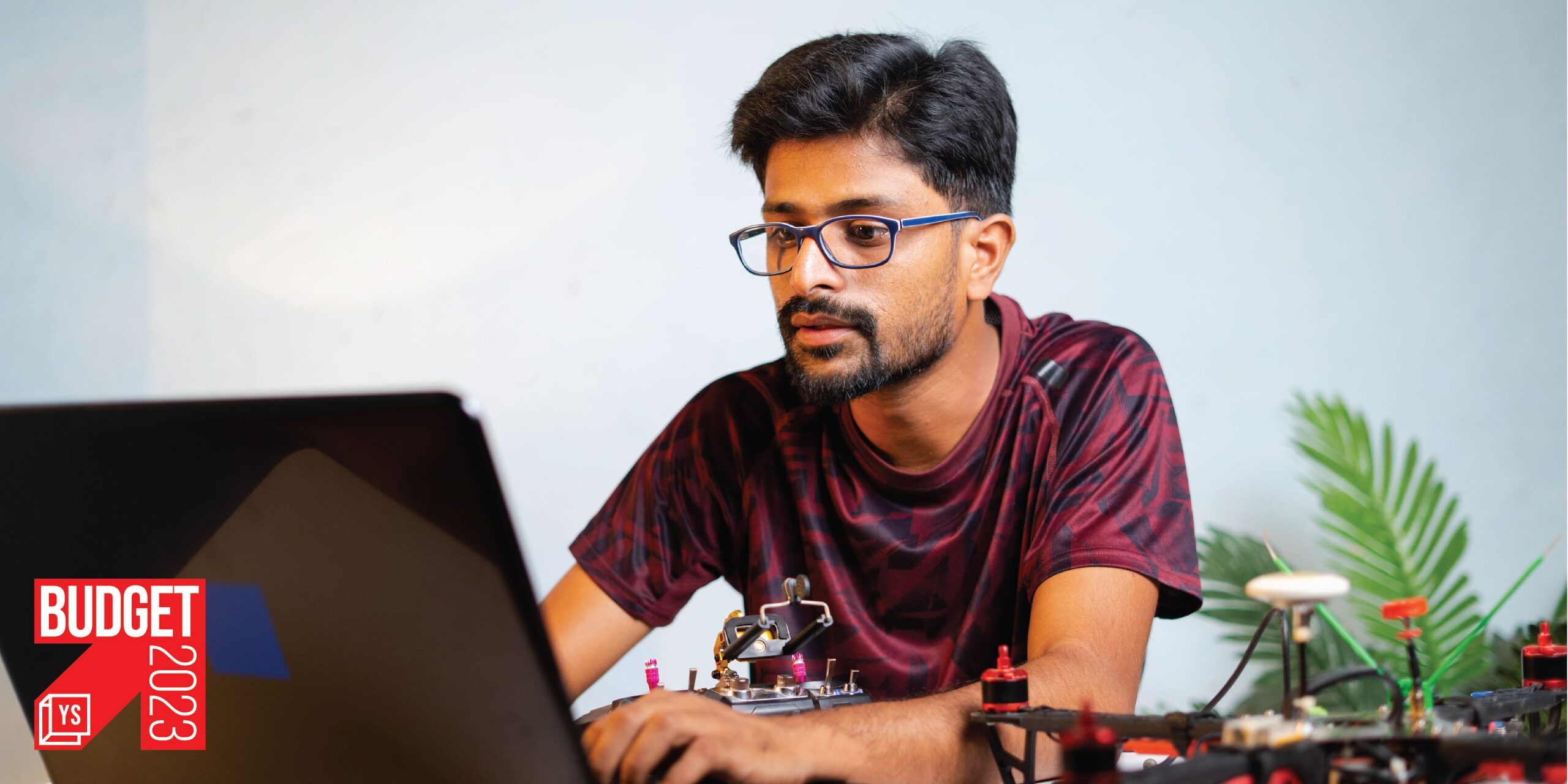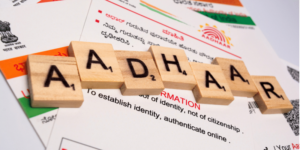Finance Minister Nirmala Sitharaman revealed a slew of measures for the education sector as she presented the Union Budget on Wednesday. This included the launch of Pradhan Mantri Kaushal Vikas Yojana 4.0 (PMKVY) to skill lakhs of youth in new-age courses, among other skilling and education-focused programmes.
The announcement made under the sixth priority of this year’s budget–‘Youth Power’–would skill the youth within the next three years in courses for Industry 4.0 like coding, artificial intelligence, robotics, mechatronics, Internet of Things, 3D printing, drones, and soft skills.
The scheme would also focus on industry partnerships and on-the-job training. Plans also include setting up 30 Skill India International Centres across different states. The digital ecosystem for skilling will be further expanded with the launch of a unified Skill India Digital platform for enabling demand-based formal skilling, linking with employers, and facilitating access to entrepreneurship schemes, the FM said.
“Overall, this budget is progressive as it accelerates the government’s efforts for inclusive and sustainable development, and we are pleased that the government has recognised the importance of a technology-driven and skill-enhanced economy. It provides a strong impetus for growth and job creation,” said Prateek Maheshwari, Co-founder of .
“As AI becomes increasingly integrated into our lives, the skill enhancement initiative recognises its significance as a necessary tool for future growth and success.”
As for Artificial Intelligence, the government will set up three centres of excellence for AI in top educational institutions to realise the vision of “Make AI in India and Make AI work for India”.
In addition, the FM announced a few measures for the education sector. A National Digital Library for children and adolescents would be set up by the centre with the aim to facilitate the availability of quality books across geographies, languages, genres, levels, and device-agnostic accessibility.
Keeping with the broad vision of inclusive development, the FM said that within the next three years, the centre will recruit 38,800 teachers and support staff for the 740 Eklavya Model Residential Schools, serving 3.5 lakh tribal students.
In addition to this, states will be encouraged to set up physical libraries for children and adolescents at panchayat and ward levels and provide infrastructure.
“To build a culture of reading and to make up for pandemic-time learning loss, the National Book Trust, Children’s Book Trust, and other sources will be encouraged to provide and replenish non-curricular titles in regional languages and English to these physical libraries,” the FM stated.
For teachers, District Institutes of Education and Training will be developed, and training for teachers will be re-envisioned in may ways.
These include innovative pedagogy–a process to actively introduce new teaching strategies and methods in the classroom, curriculum transaction, continuous professional development, and dipstick surveys–a method to analyse market responses in different areas of research.
“The education sector is a key area of investment, with the launch of PM Schools for Rising India, the recruitment of 38,800 teachers, and the establishment of a National Digital Library for children. These initiatives will help equip students with the skills and knowledge needed for success in the future, and the emphasis on teacher training and innovative pedagogy will ensure that the quality of education in India continues to improve,” said Divya Gokulnath, Co-founder of .
This year’s Budget gave a major push to the education sector with a total allocation of Rs 1,12,899 crore, an increase of about 8% compared to the previous year. Of this, Rs 68,804 crore was allocated for school education and literacy, an 8% increase over the budget 2022. As for higher education, Rs 44,094 crore was allocated, up nearly 8% from the previous year’s budget. The expenditure on education remained at 2.9% of GDP in 2023.










